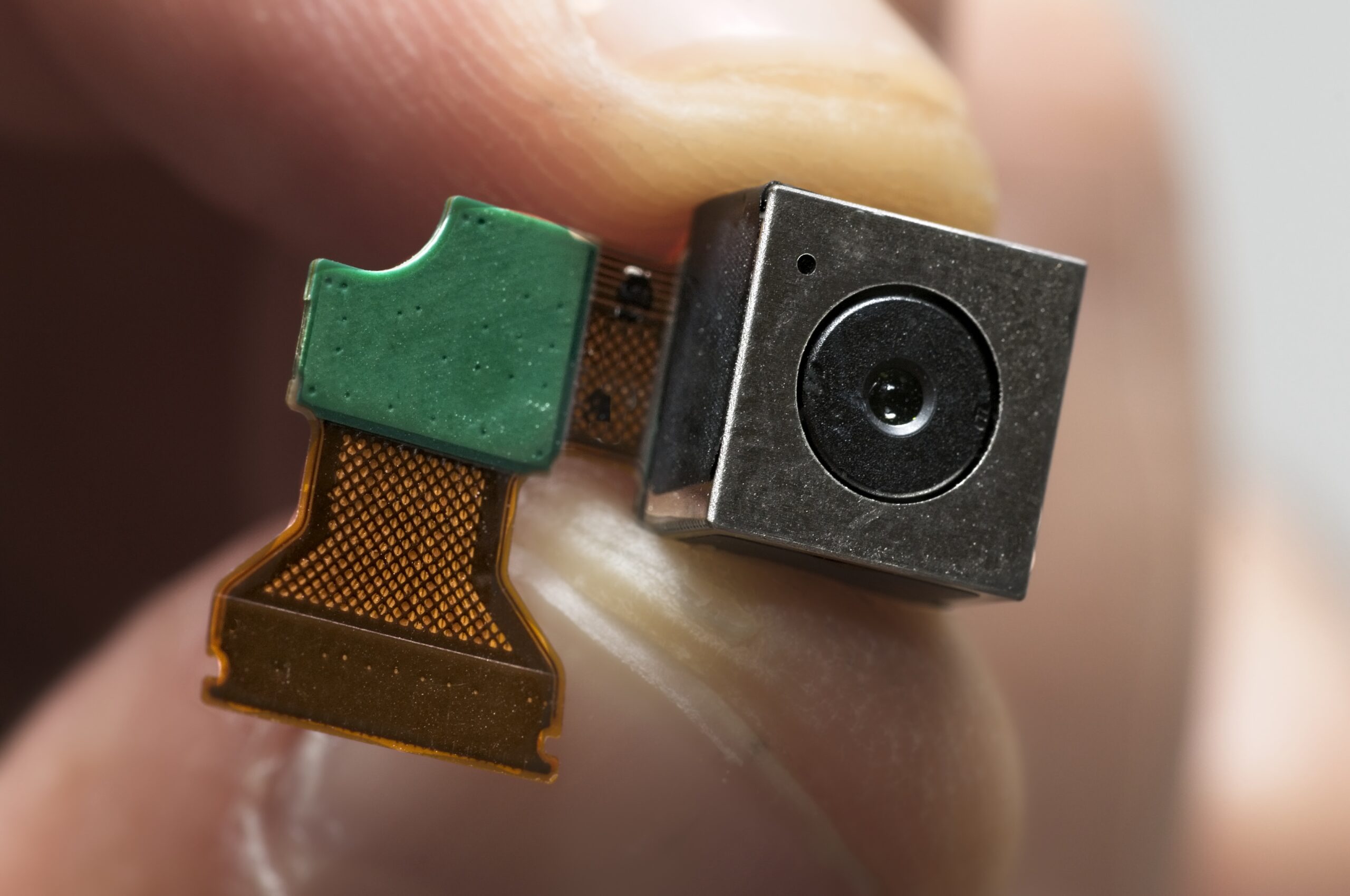Digital forensics, previously known as computer forensics, is a branch of forensic science that primarily concentrates on the recovery and investigation of material found in digital devices that are related to a cybercrime.
While digital forensics first started out with computers, it has expanded to cover the investigation of all devices that are capable of storing digital data. It involves identifying, preserving, analysing, and documenting digital evidence that can be presented in a court of law when required.
What Is a Digital Forensic Investigator?
A digital forensic investigator helps in recovering several forms of data, such as documents, photos, and emails, from locations like computer hard drives and other data storage devices, including zip files and flash drives. They are mostly used to recover any deleted, damaged, or manipulated files.
Digital forensics and computer forensic experts usually assist corporate or government cybersecurity and information security teams in order to identify the cause of data breaches and leaks, cyberattacks as well as other cyber threats.
What Is Digital Evidence?
Succinctly, digital evidence is evidence that has been created on a computer system, and can include the storage medium where the binary code is stored, the software used to read the code, and the digital content.
Digital evidence can be really helpful in identifying the source of security breaches. For instance, many organisations can collect and store private and secured confidential data that is protected under privacy acts and data protection laws for consumers. In the event of this information being copied or stolen, digital evidence can help trace the location where the breach occurred.
Why You May Need Digital Forensic Services?
As today’s society has an increased reliance on mobile phones, computer systems, and cloud computing, digital forensics is fast becoming a crucial aspect of law enforcement and general business. If your company suffers a cyber-attack or a loss or deletion of data, it can be quite hard and confusing to decide what the next course of action should be. Conducting a digital forensics investigation can help you appropriately decide what steps you may need to take in order to further protect your business.
Digital forensics services form part of a cyber security strategy that includes, data recovery, bug sweeps, surveillance, and much more, and can be incredibly helpful when it comes to tightening your organisation’s cybersecurity and minimising damage from cyber-security breaches or thefts.
Most commonly, digital forensics steps are taken in order to:
- Identify the cause and intent of a cyber-attack
- Safeguard all the digital evidence that is used in the attack
- Increase Security
- Retrace the hacker’s steps and locate the hacker’s tools
- Search for data access and exfiltration
How We Can Help?
Cyber-attacks can have a devastating impact on businesses and leave them feeling unsure about the future or what actions need to be taken to prevent future attacks. Knowing where the threat came from, how they infiltrated your organisation, and how your data was affected can help you decide how to move forward. This is why clear digital forensics steps can help you find some closure on the cyber-attack and better prepare for the future.
At NSI Global Counterintelligence, we offer several cybersecurity and digital forensic services including data recovery, surveillance, and bug sweeps. We can help you protect your organisation and assets in an increasingly digital world.




